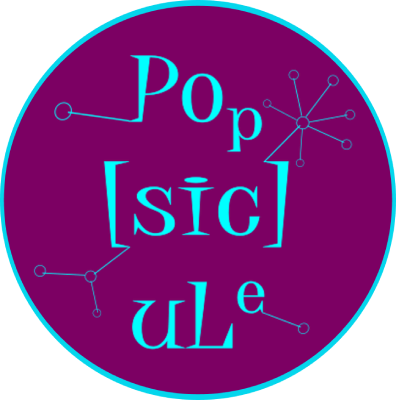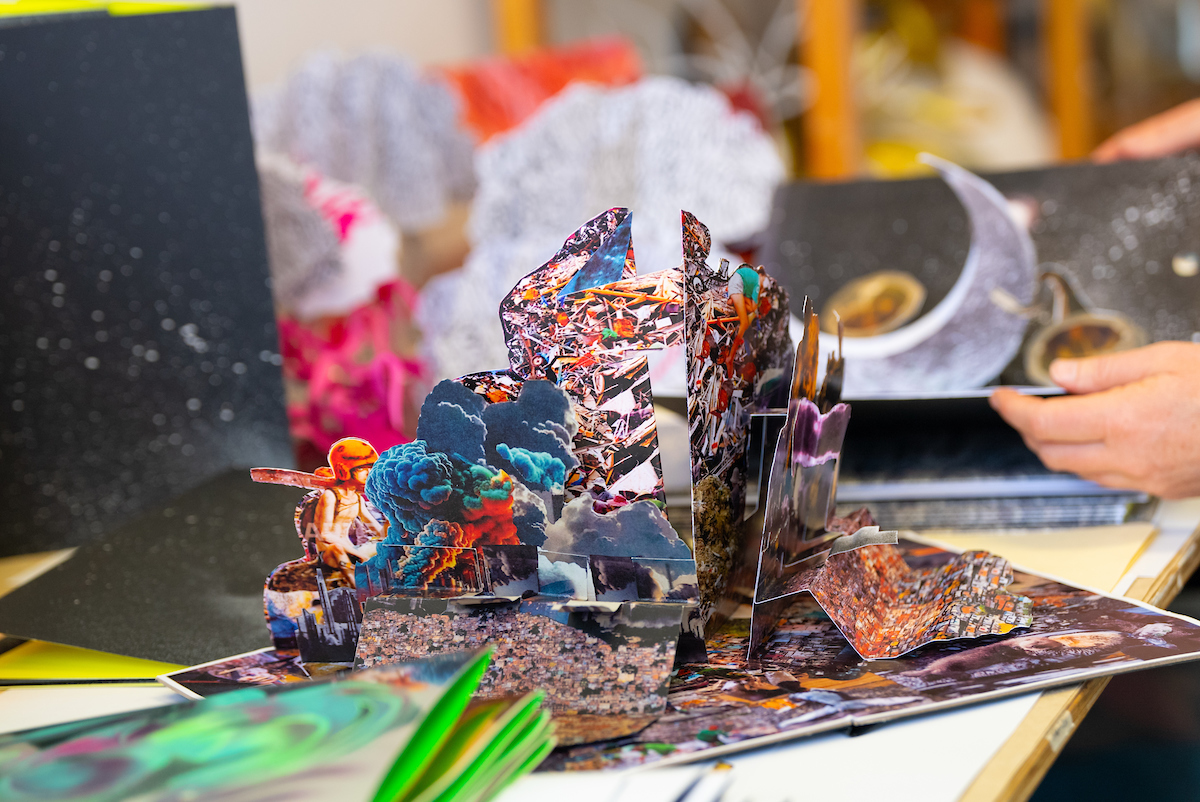
Synthetic Biology goes pop!
Have you wondered how we can create opportunities for life from waste? The research field of Synthetic Biology explores this idea – and did you know that through synthetic biology we can now use micro-organisms to convert harmful things into useful things?
Synthetic biology is an exciting field that could revolutionise how we live and how we understand life. Through engineering the building blocks of life, scientists can mix genes (the instruction manuals of cells) from different organisms to create new, useful products. The possibilities are almost endless. Making synthetic milk for cheese without using animals, or produce meat alternatives directly from cells. Breaking plastic waste, turning harmful gases into biofuels, developing new medicines. Enhancing natural organisms to clean pollution from our environment, or extract valuable metals from used resources. There are even projects attempting to build ‘artificial’ life by reconstructing yeast DNA to create living organisms. Beyond solving practical problems, synthetic biology can be used for creative and playful purposes – imagine, for example, grass that glows in different colours, or yeast that you can add water to make food or scents.
Our pop-up book on synthetic biology will explore these possibilities in detail, showing how scientists can turn DNA into a variety of products. We’ll provide clear and simple explanations of how these processes work at the molecular level, along with examples from pollution cleanup to decorative lights or transforming environments into more liveable spaces. We’ll also explore the corresponding some of the social, ethical and economic dimensions of these innovations, and how they are already beginning to change our we see our world and our future.
Stay tuned for a quote from the artist!
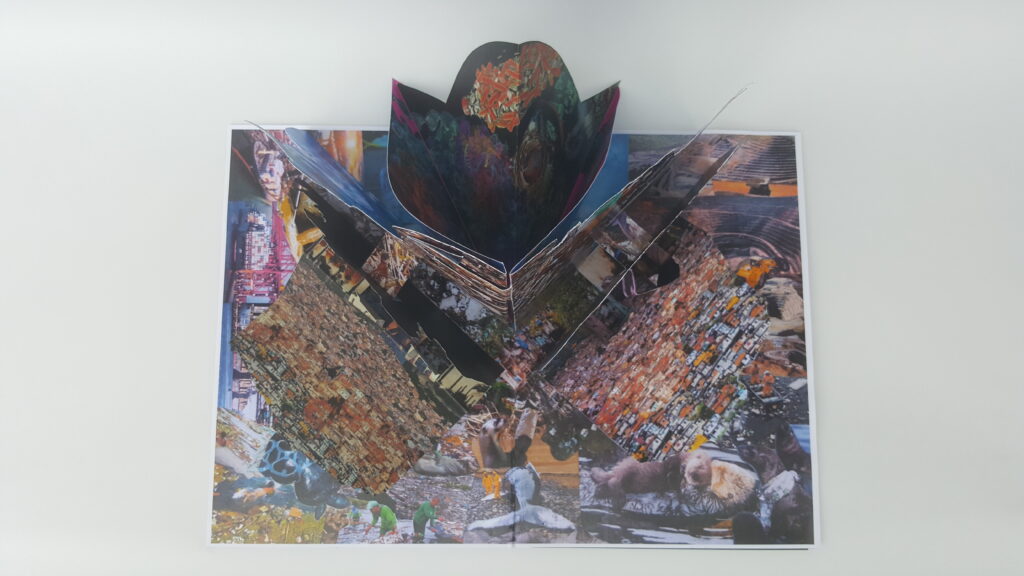
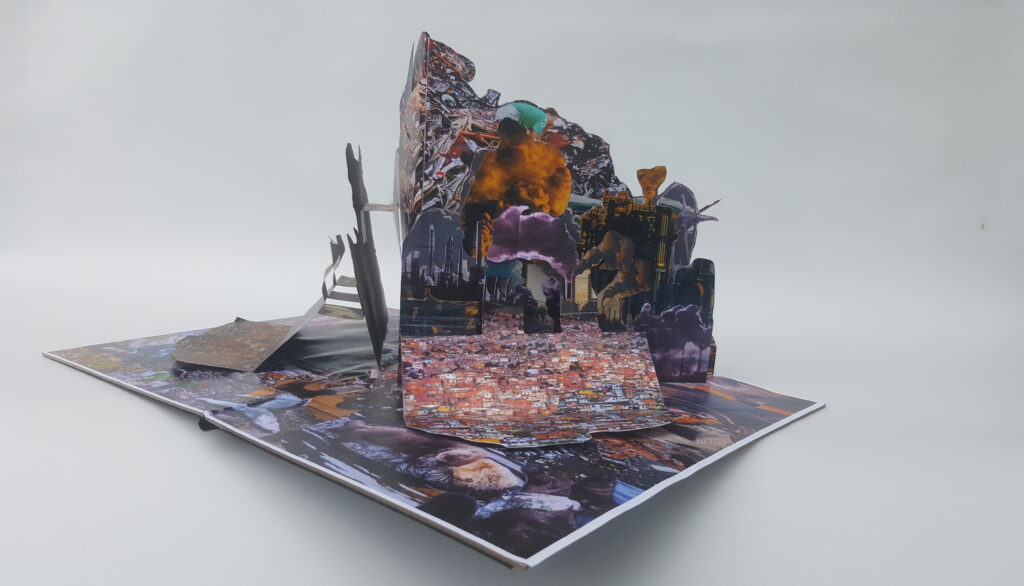
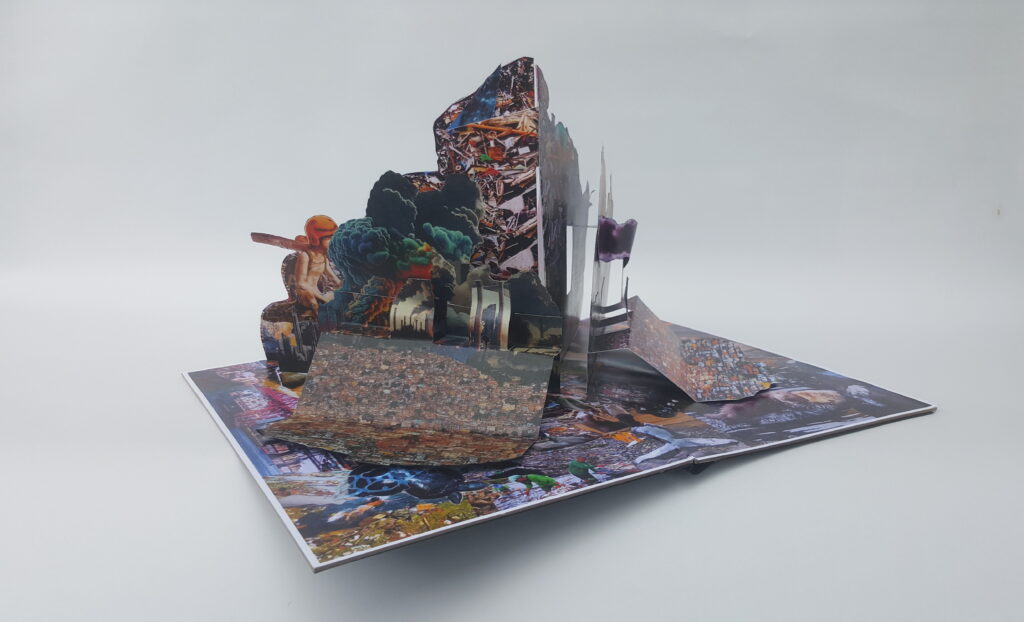
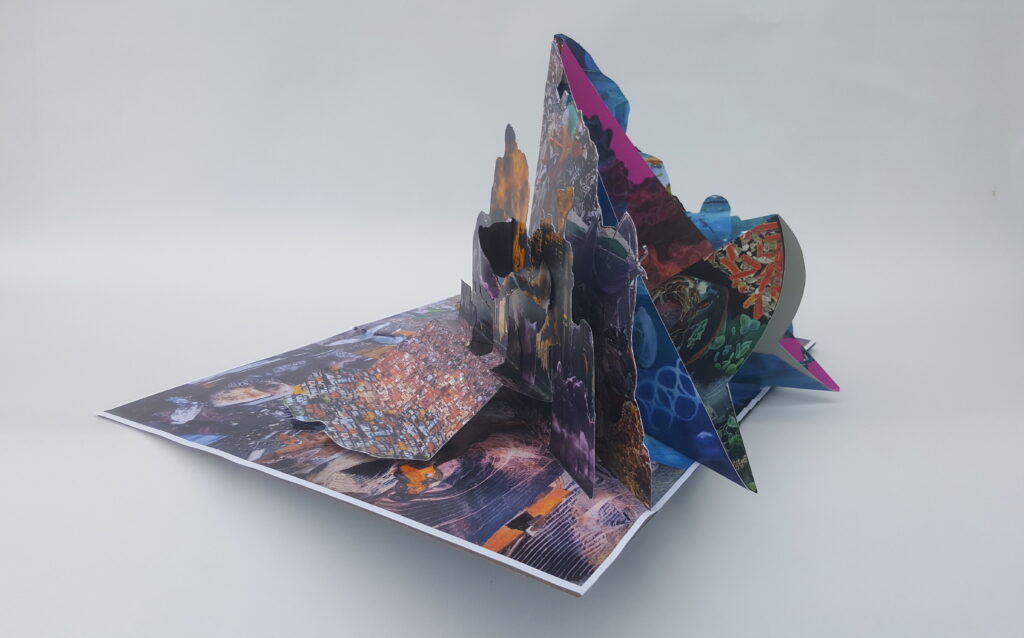
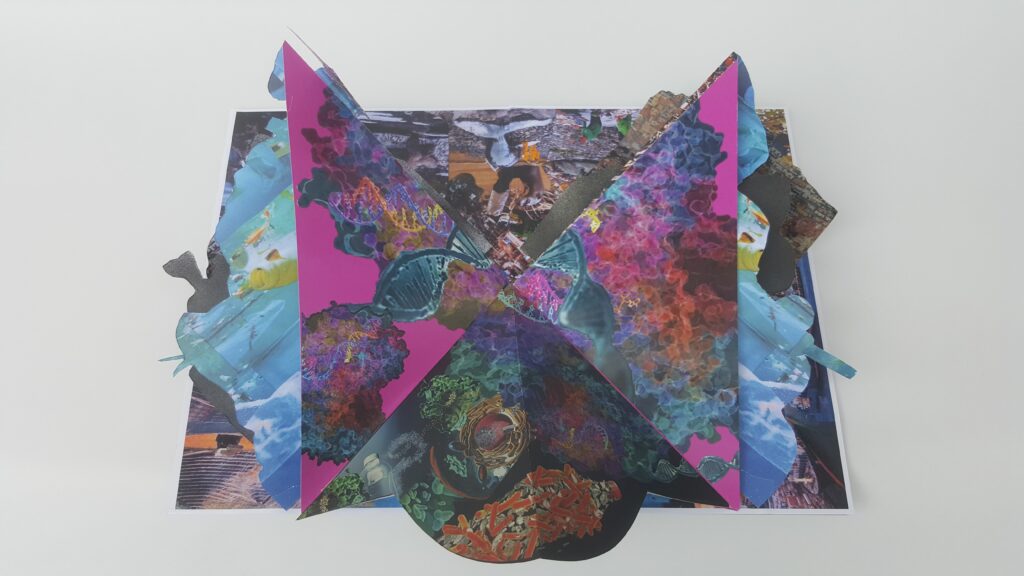
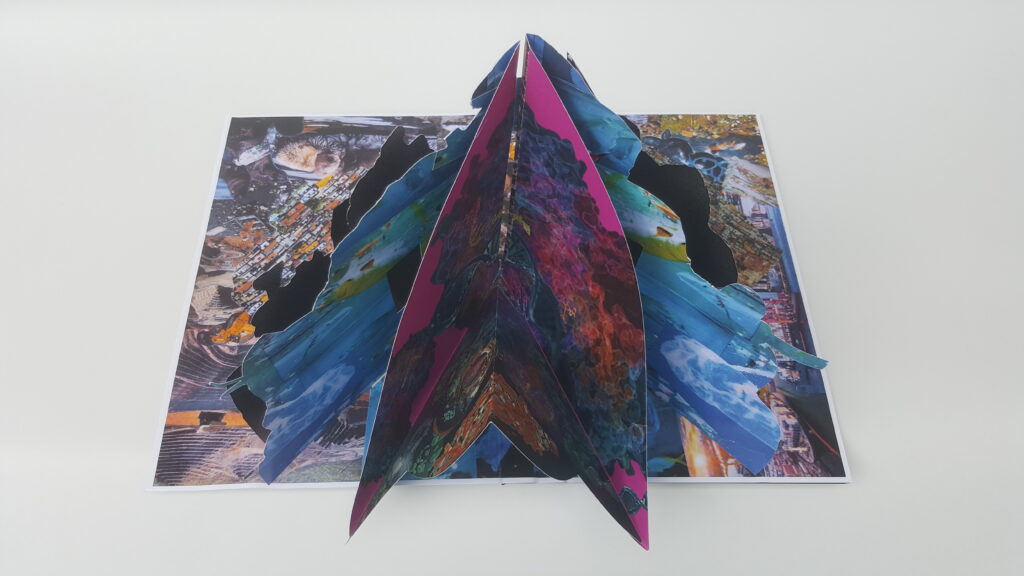
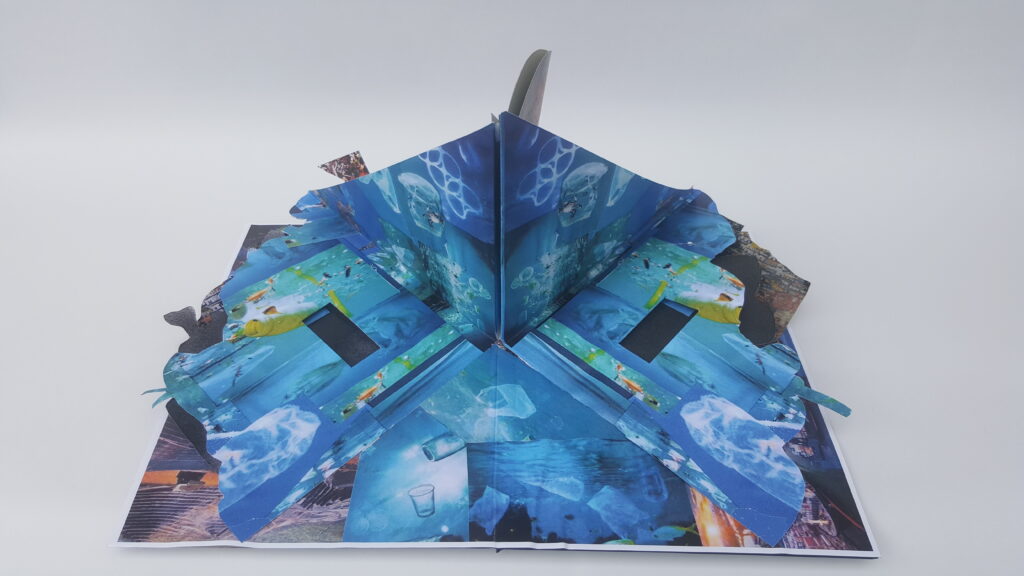
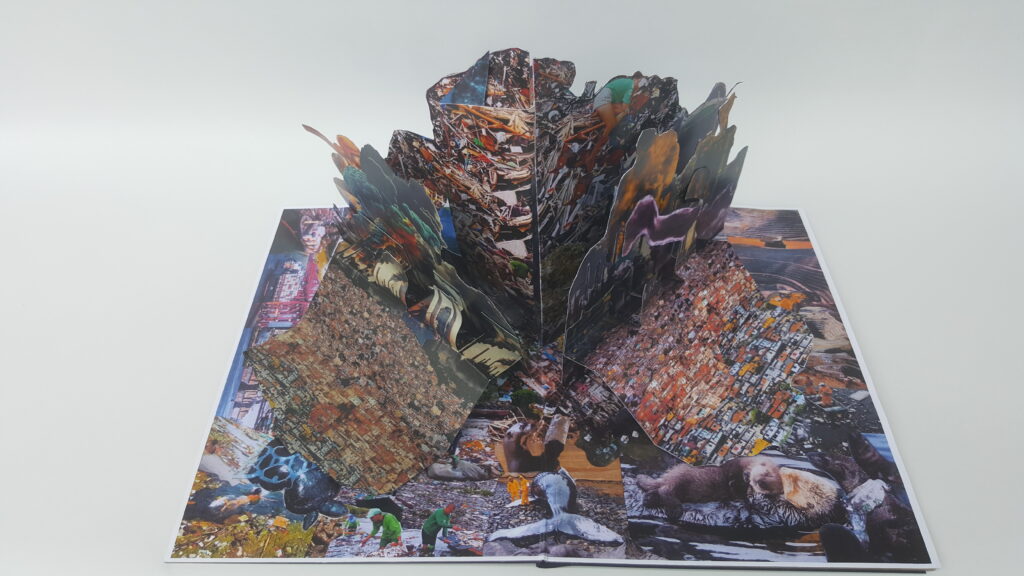
Meet the scientists: Dr Dan Santos and Dr Aiden Beauglehole
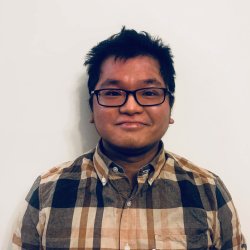
Dr Dan Santos is a Postdoctoral Fellow at CPAS, working on an MRFF project entitled ‘Developing an Evidence–Based Model for Building Trust in Australian Stem Cell Research and Therapies’. He earned his PhD and MA (both in Geography) from Clark University, and a BA (Hons) in Environmental Studies and BSc in Genetics and Environmental Science, both from the University of Melbourne. In 2020-21, he was a Visiting Fellow in the Program on Science, Technology and Society at the Harvard Kennedy School. Prior to joining CPAS, Dan was a Research and Teaching Assistant at Monash University and the University of Melbourne in human geography and bioethics.
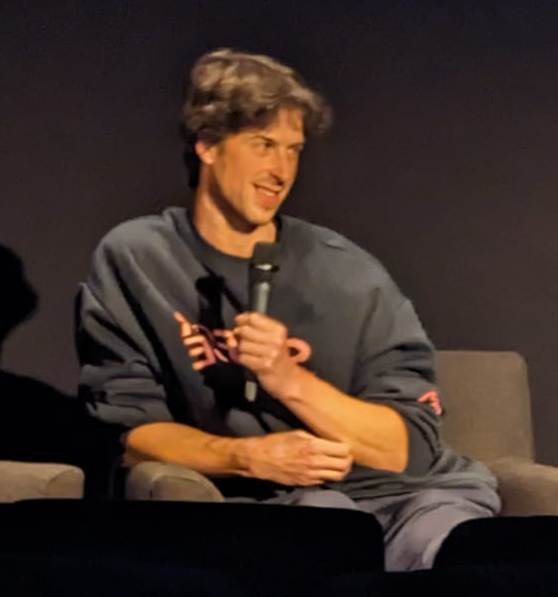
Dr Aiden Beauglehole has been studying or working in science for the past 13 years, with the past 9 focusing on synthetic biology. Aiden completed his master’s in biotechnology at RMIT where he utilised the genetic engineering technique CRISPR to study anaesthetics. He then went on to complete his PhD at the University of Queensland studying the production of high-value biopharmaceuticals such as anticancer and blood-clotting drugs. He then completed a post-doc at the Australian National University for the production of enzymes to allow infinite plastic recycling. He is currently employed at the University of Queensland where he works under the Food and Beverage Accelerator grant to use synthetic biology to create a new range of food products that mimic the qualities of animal derived food but are derived from yeast.


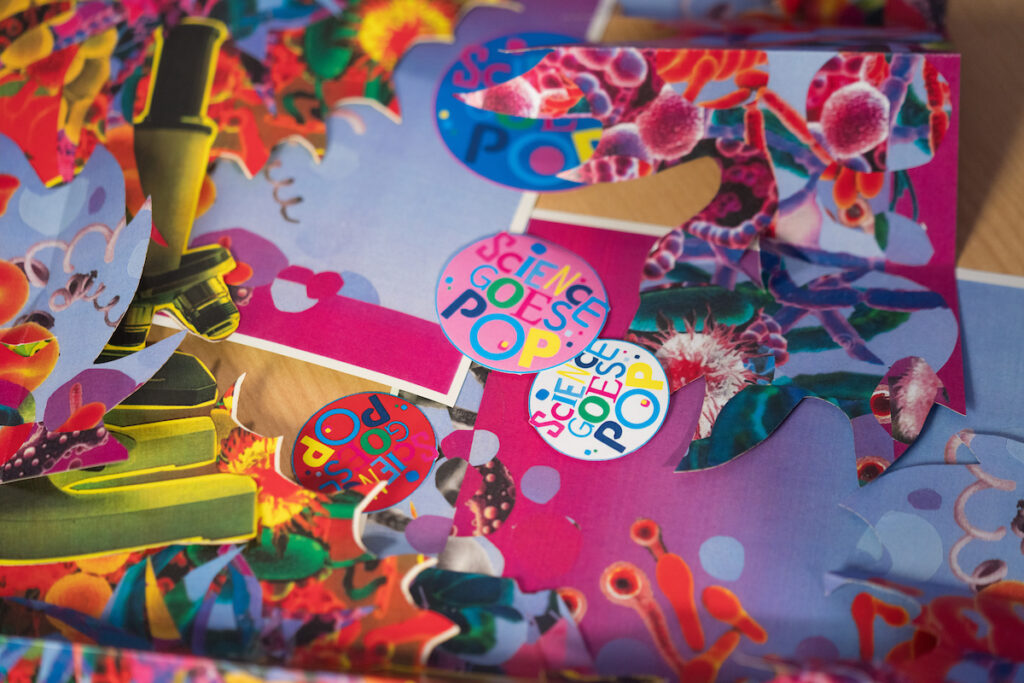
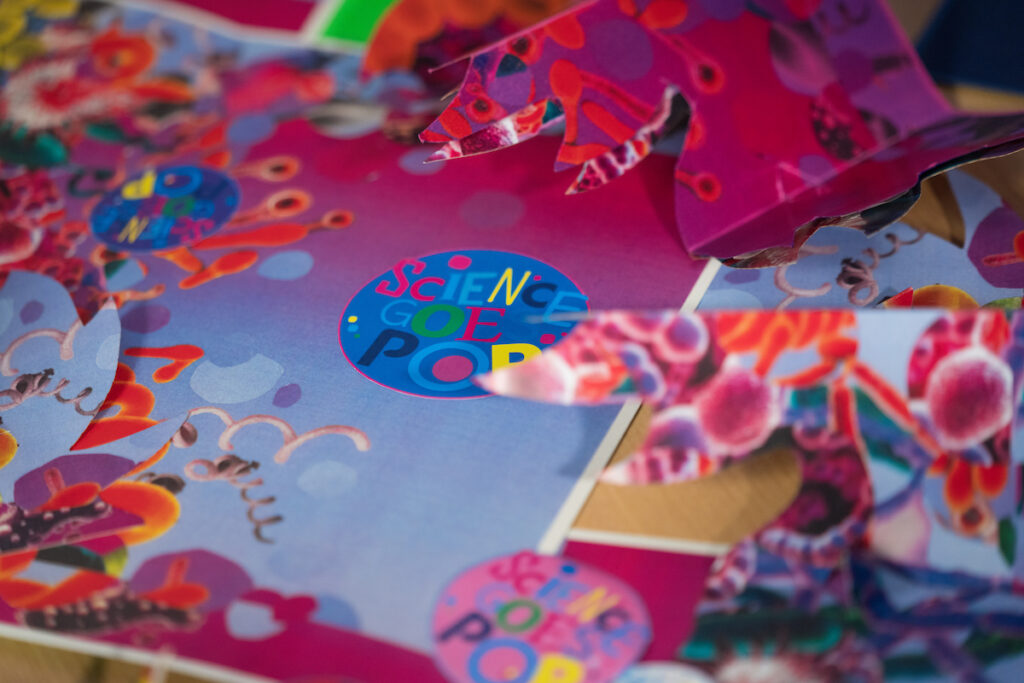
The ULTRA-PERCEPTION project reimagines the book as a traditional medium, physical object and traditional knowledge broker, by amplifying it into an interactive, technologically-empowered tool for intergenerational discovery and learning. Supported by KINETIC – a funding scheme for “for game-changing new ideas” piloted in 2023 by ANU Physics, the ANU MakerSpace, Wizer and Compton School – we create a prototype of what will hopefully become a series of research-based pop-up books that are accompanied by an augmented reality app. Five of our initial six pop-up spreads, which can later be rolled out into individual books, are dedicated to specific research themes ranging from the research field of Environmental Humanities to Synthetic Biology. By hovering a prototype app, created by the Canberra animation company Eye Candy, over these spreads, the science-based pop-up pages come to life – through art and technology, awe and wonder. A new science experience!
